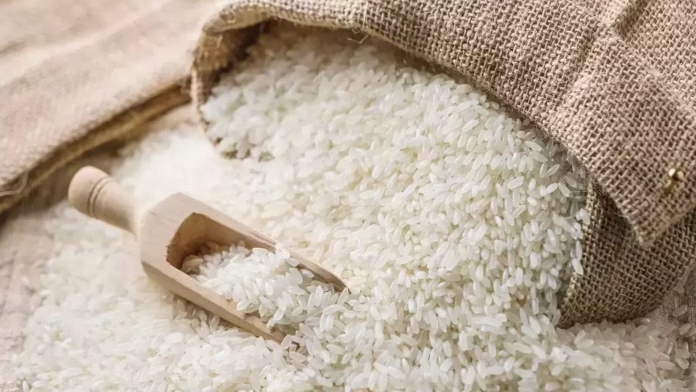According to industry officials, Indian rice exporters are now being approached by buyers with requests for early shipments of basmati rice. This surge in demand comes after government’s decision to prohibit exports of non-basmati white rice as a measure to control local prices.
Earlier this month, the largest rice exporter in the world caught buyers off guard with an unexpected ban on exports of non-basmati white rice. The decision was made in response to a 3 percent increase in retail rice prices within a month, attributed to the significant crop damage caused by late but heavy monsoon rains.
Read More: India prohibits non-basmati white rice exports amidst supply concerns
Atul Garg, Managing Director at GRM Overseas, a leading exporter of basmati rice, said, “Buyers are requesting early shipments because they fear that the government might put restrictions on exports of basmati rice as well.”
According to him, buyers typically enter into long-term contracts with a commitment to receive a specific quantity every month. However, some of these buyers are currently making requests to have the shipments intended for September and October moved up to August instead.
In the fiscal year 2022-23, India successfully exported approximately 4.5 million metric tons of basmati rice, with prominent buyers including Saudi Arabia, Iran, Iraq, the United Arab Emirates, Yemen, and the United States.
The countries primarily importing non-basmati white rice, which has been banned for export by India, include Senegal, Benin, Togo, Bangladesh, and Cote d’Ivoire.
In the past, India has never imposed a ban on exports of basmati rice, but it did implement export taxes in 2008.
“We are assuring buyers that there is no possibility of a ban on basmati rice exports but some buyers are afraid due to the government’s recent decisions,” said another exporter based in New Delhi.
Last year, India took the unexpected step of banning wheat exports and subsequently introduced restrictions on the exports of sugar and rice.
The primary production of Basmati rice occurs in the northern states of Punjab, Haryana, Uttar Pradesh, and Himachal Pradesh. However, these regions experienced extensive flooding earlier this year due to exceptionally heavy rainfall.
According to Vijay Setia, an exporter, the cultivation of basmati rice has expanded in 2023, and as a result, the production is expected to surpass the levels of the previous year.
“Many farmers in Uttar Pradesh are shifting to basmati rice from non-basmati because of higher prices,” Setia said.





